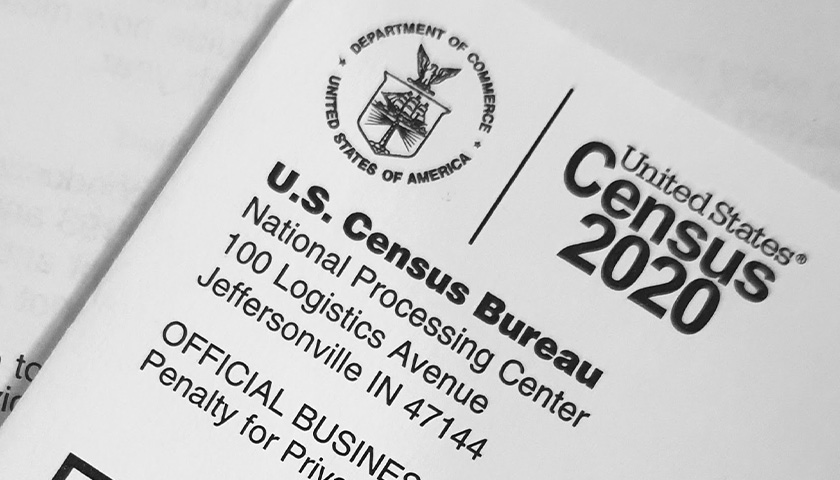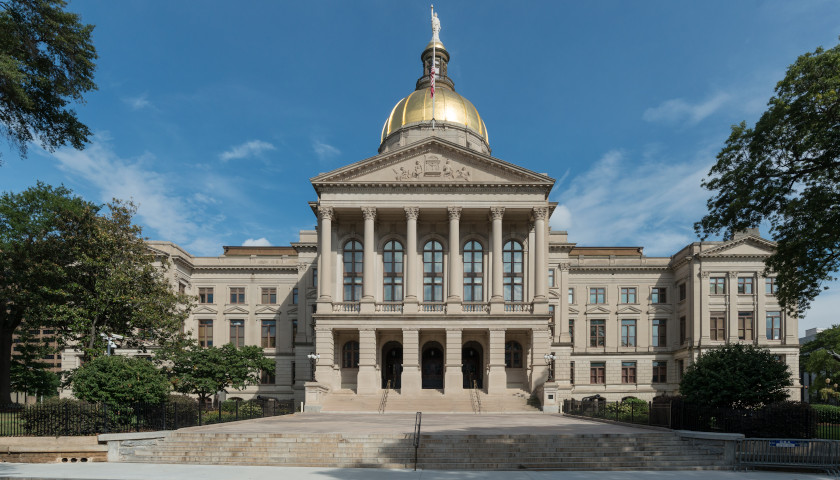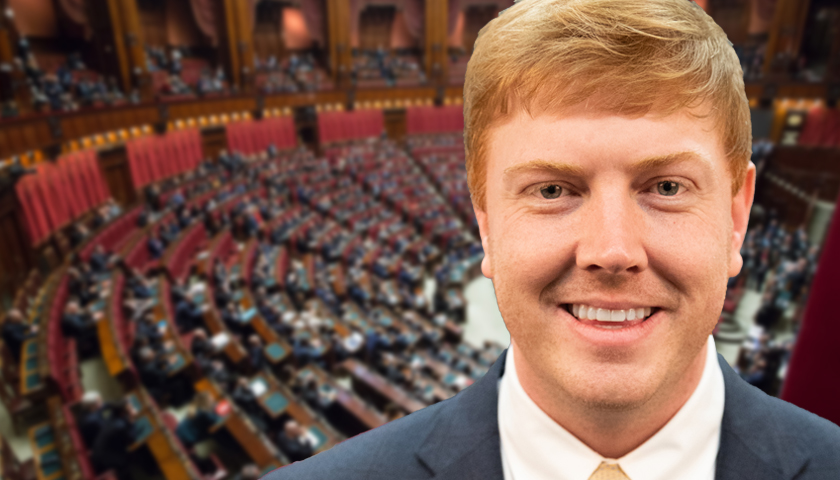Georgia Gov. Brian Kemp signed a measure Wednesday to give a one-time tax refund to eligible Georgia taxpayers.
Taxpayers who are single or married and filing separately will receive a $250 refund under House Bill 1302. Heads of households will receive a $375 refund, while married taxpayers who file jointly will receive a $500 refund.
The Georgia Department of Revenue will credit taxpayers with the refund once they file their 2021 taxes, which are due April 18. Taxpayers who already have filed their 2021 taxes will receive a refund based on what they indicated on their tax returns.
Read More













